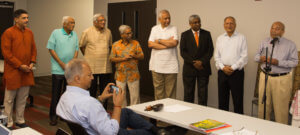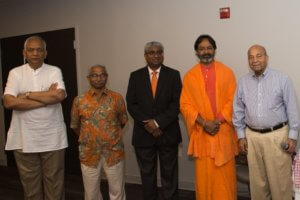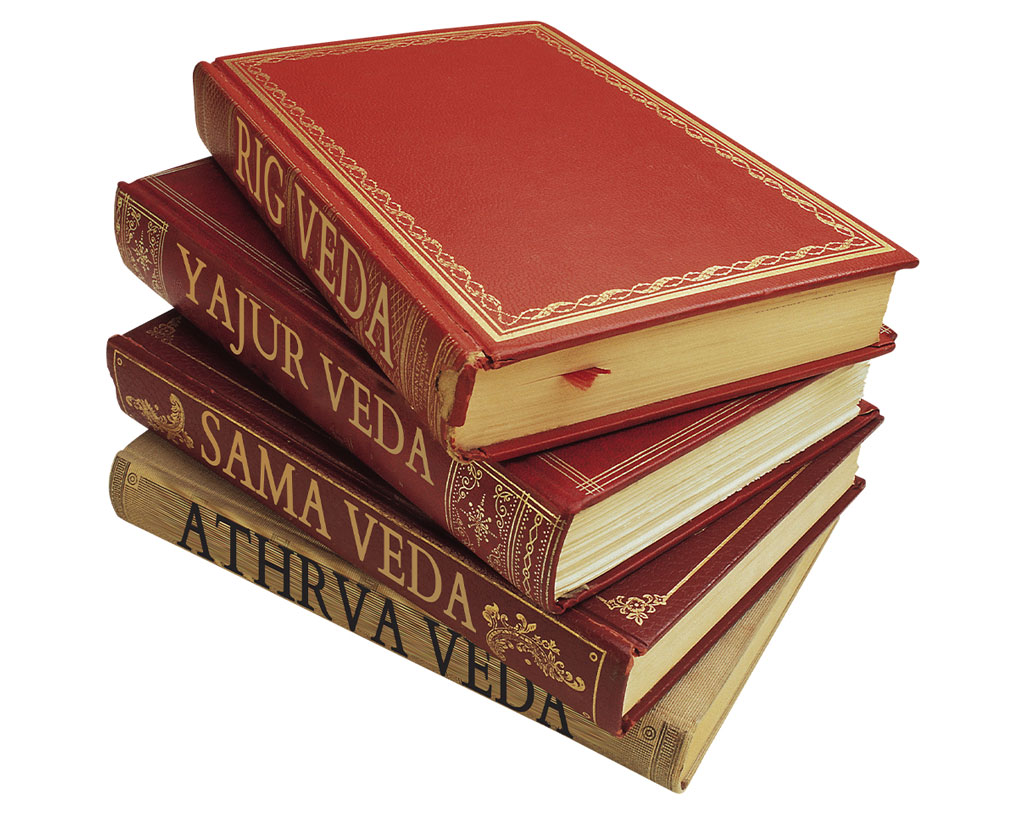Course Content
The Understanding the Vedas course will investigate the origins of our contemporary understanding that the Vedas are suited for karmas or rituals and are devoid of any wisdom i.e., the discourse that gives us that understanding of the Vedas.
It will identify two causes that may have contributed to the present discourse, one the ‘direct and external word meanings of Veda Mantras’, in Sanskrit language, popularized in the 14th century by Sayana Acharya, and two, the European and Western Authors, who based on such meanings and their study of Sanskrit under Indian Sanskrit teachers, translated the Vedas into English.
However, these translations contained the skeptical and critical remarks of the Western authors whenever they did not fully understand the symbols and symbolism in the Vedas. Most people all over the world learnt the Vedas from such English translations of Western Authors who neither had any lived experience of the Dharmic living nor any understanding of the symbols and symbolism in the Vedas.
The recent re-discovery of the ‘spiritual and psychological interpretations of the Vedas’ by the great Yogin, Sri Aurobindo, has brought out the ‘spirituality and wisdom’ in the Vedas in the last one hundred years. He was ably assisted by Sri T. V. Kapali Sastry in the 1940s who joined Sri Aurobindo in his ashram.
Prof. R. L. Kashyap picked up this thread during the 1970s from M.P.P Pandit who was a disciple of Kapali Sastry and a secretary to the Mother at the Aurobindo Ashram. Prof. Kashyap during the end of the 20th and early 21st century CE translated all the Veda Mantras of all the Vedas in 26 volumes based on Sri Aurobindo’s interpretive paradigm.
The publications of these three great individuals, Sri Aurobindo, Sri T. V. Kapali Sastry, and Prof. R. L. Kashyap have restored the contemporary understanding of the wisdom of the Rishi Parampara contained in the Vedas.
Understanding the Vedas course will explore the distortions and consequences that arise when a social order that originated within one paradigm is interpreted and represented from an entirely different paradigm. It will investigate the complex challenges that arise at the confluence of Hindu and western thought and contrast the Hindu experience of a lived dharmic life from its Western representation.
Following an honest appraisal of our comprehension of not only what has occurred historically, but also of our ability to confront the pressing challenges that face the Hindu community in the present moment, the course will invite students to speculate on the way forward of studying and practicing the Vedas to lead a dharmic and spiritual life to rise in consciousness levels and to perform tasks with higher levels of perfection – in terms of transforming our beliefs, attitudes, and actions in relation to this phenomenon both in Hindu society as well as the international discourse around it.
Purchasable reading material- Book by the faculty – “Understanding the Vedas.”













